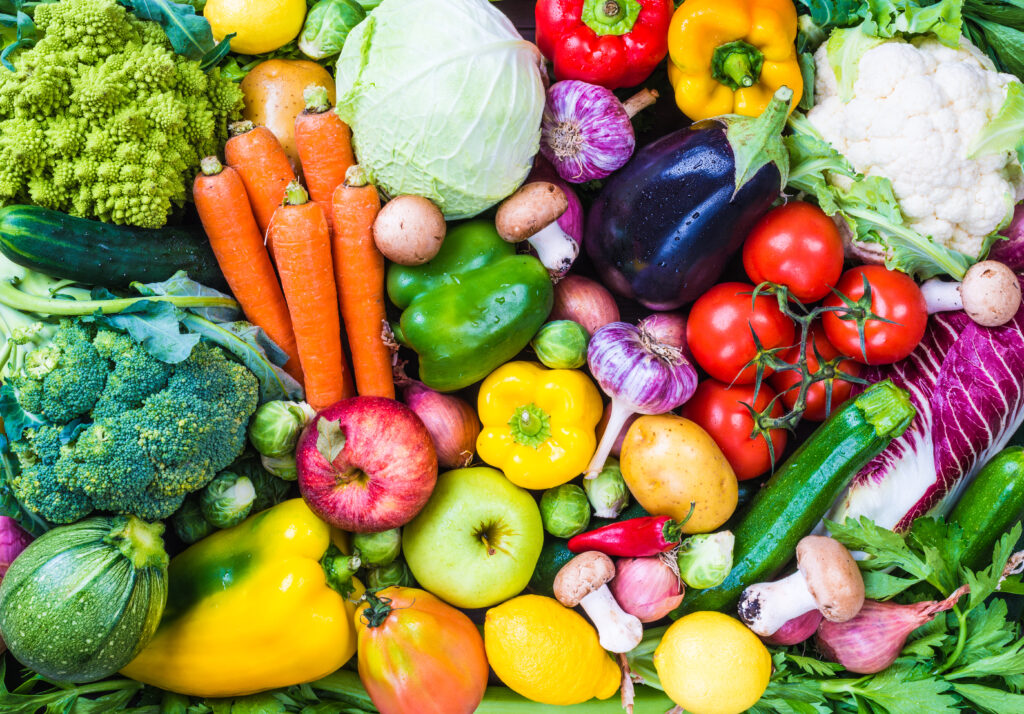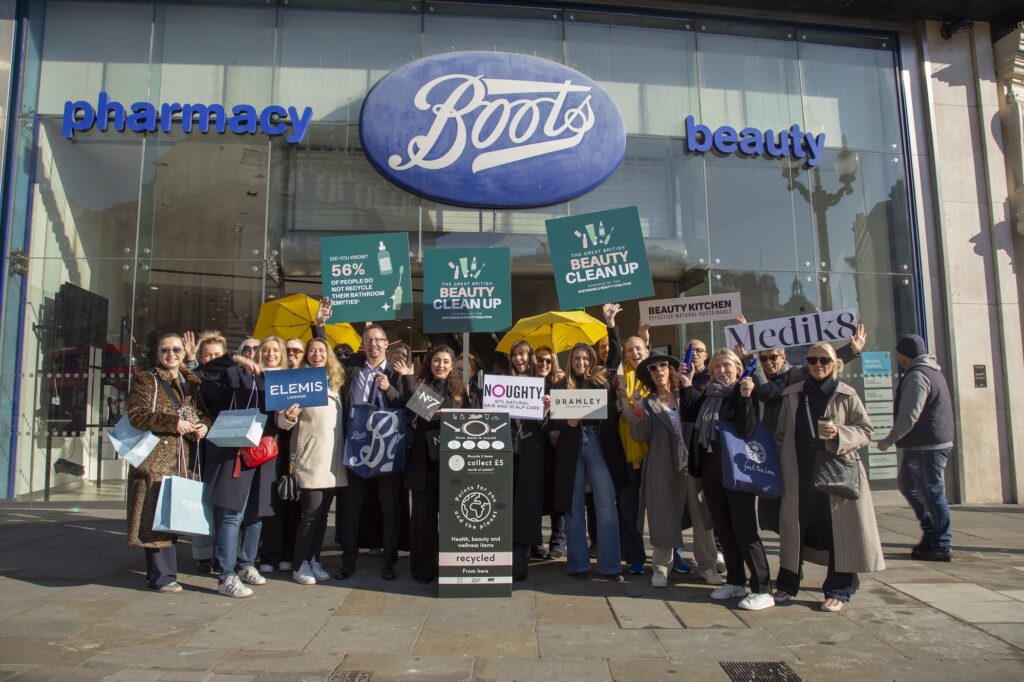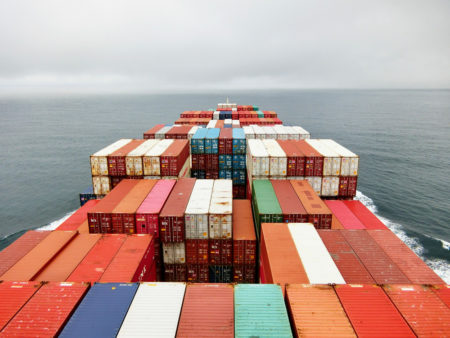Findings were taken between August and November 2023 and their release is intended to educate both WRAP and the wider sector, so that they can “transform the food system”.
The study shows that there is “scope” to grow loose fresh fruit and vegetable purchases, with respondents indicating that they are willing to buy more.
Around 78% of UK consumers are said to buy “at least one” loose piece of fresh fruit and veg, with 60% stating that they would “prefer” to buy it without packaging.
Those that already buy loose fruit and veg told WRAP that they waste less as a result of doing so, especially bananas, apples and carrots.
In-store messaging
As well as over two in five respondents specifying a lack of availability of fresh fruit and veg in stores, consumers stated that comparing prices can be “difficult and confusing”.
WRAP has suggested that retailers should make pricing “clear, simple and comparable”, in turn, challenging the perception that loose produce is more expensive.
The study suggests that while there is demand for being able to select the amount to purchase, the importance of the issue isn’t evident to consumers.
In response to this, WRAP has called for retailers to engage customers on the benefits of buying loose, suggesting “in-store activations, communications, and guidance on portion sizes and recipes tailored to loose produce”.
Customers also claimed that loose isn’t always seen as “good quality”, to which WRAP said retailers can tackle this by investing in-store messaging.
And while the study showed that environmental concerns are not “top of mind” for consumers, WRAP said there is scope to leverage sustainability messaging, via educating customers on the environmental benefits of minimising plastic packaging and food waste.
Jackie Bailey, senior campaign manager, Love Food Hate Waste, told letsrecycle.com: “We know that choosing what we will use will significantly cut the amount of food ending up in the bin – now is the time for retailers and shoppers to make that a reality.
“Increasing loose fruit and veg offerings in store will not only help slash waste, reduce hard to recycle plastics and stop tens of thousands of tonnes of CO2e emissions, it will also respond to what shoppers would like to see. It’s a win-win situation.”
The full study is available here.











Subscribe for free